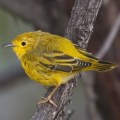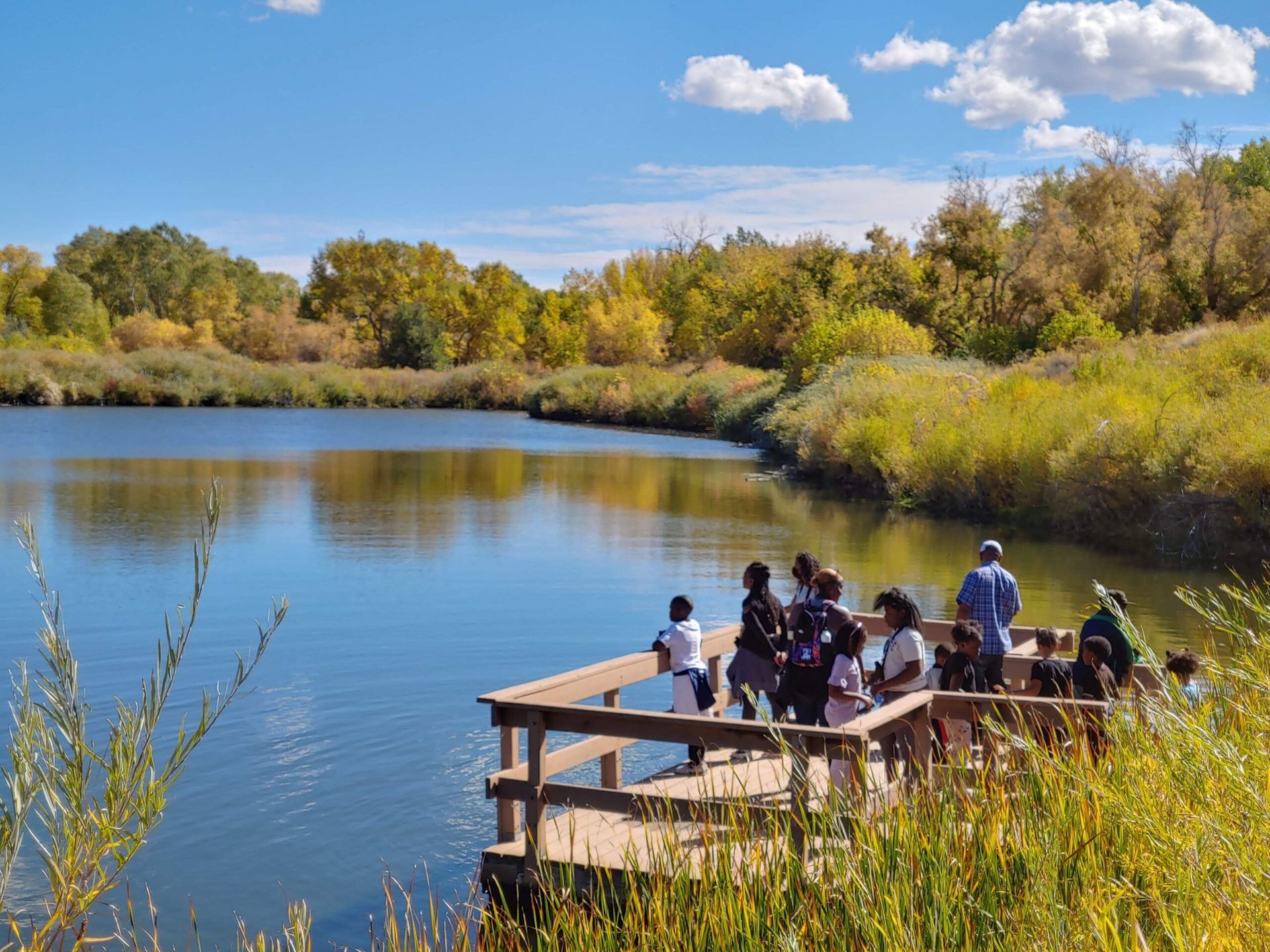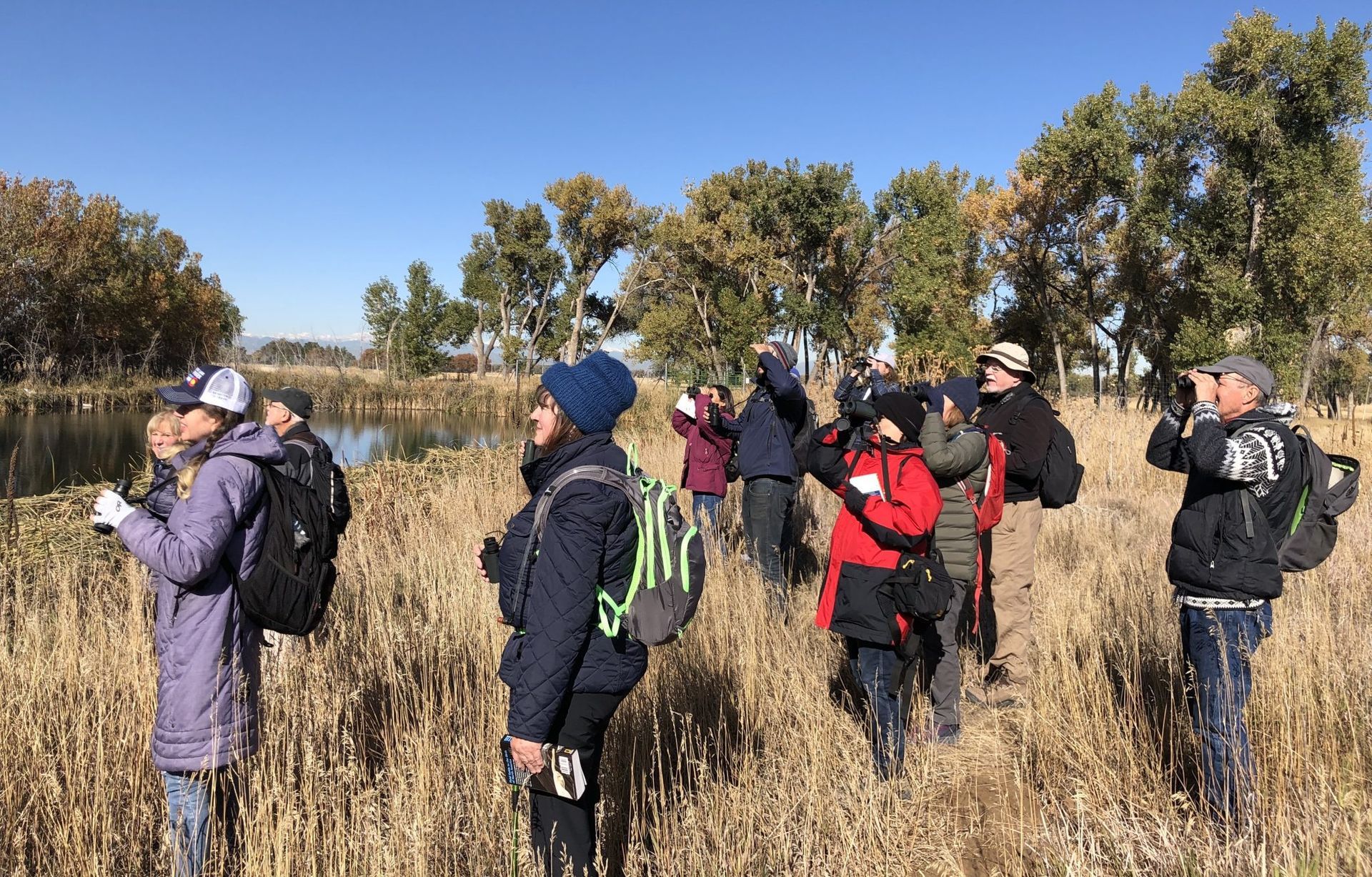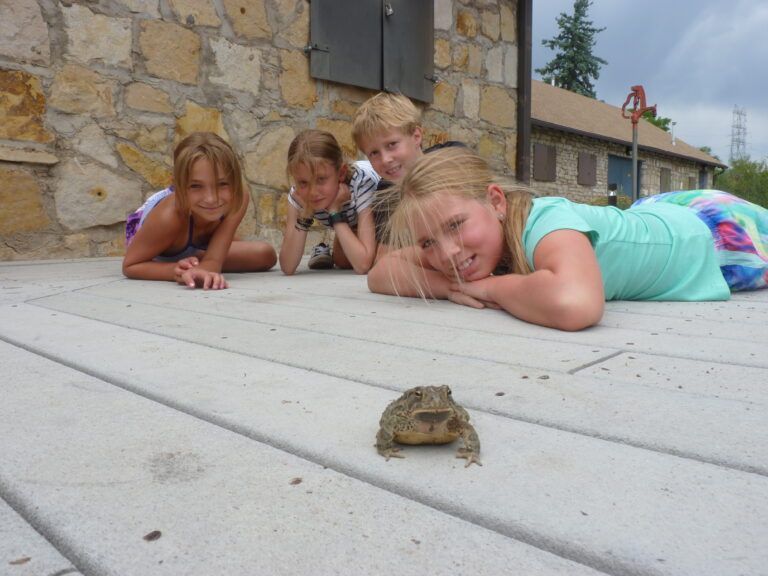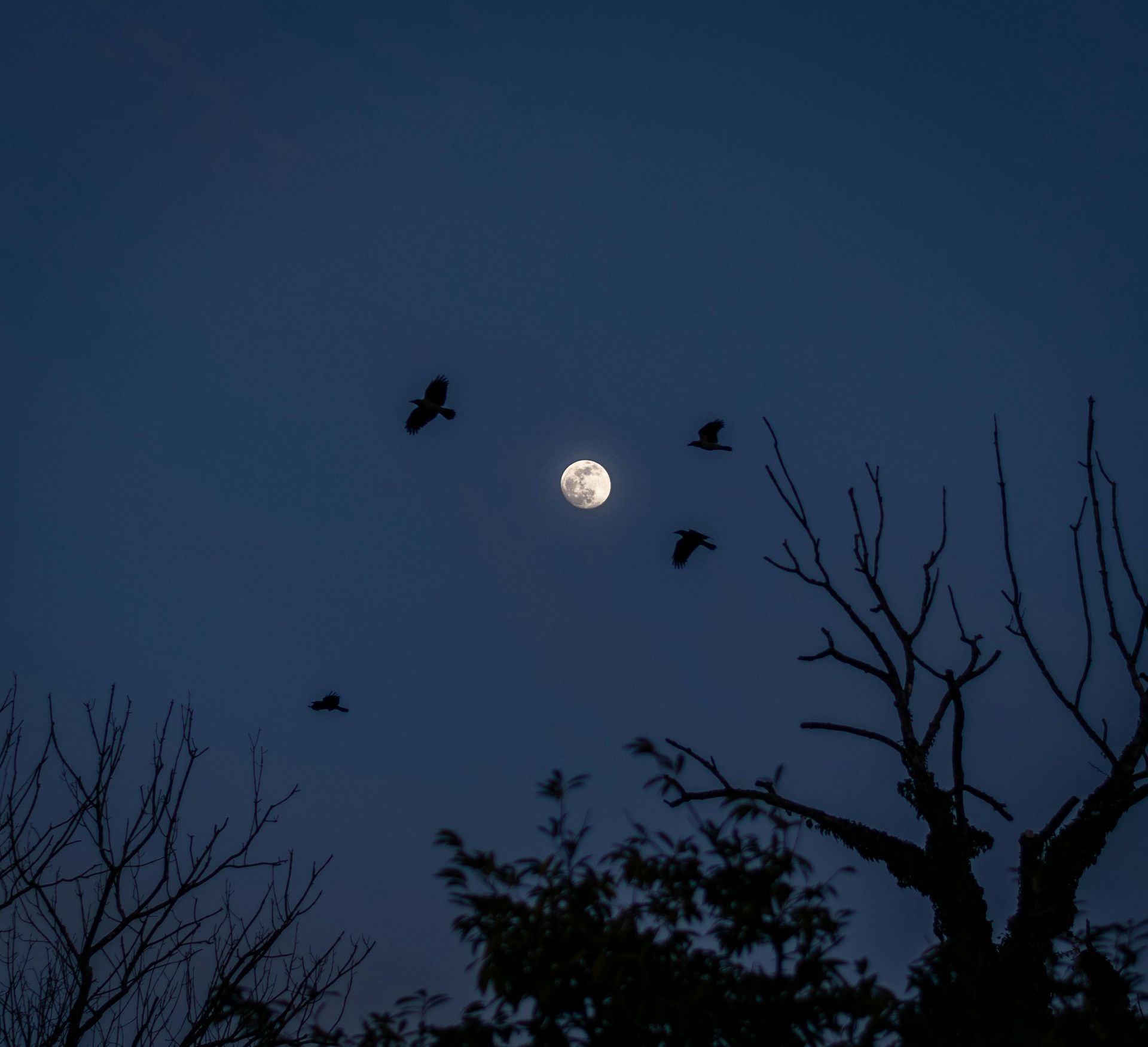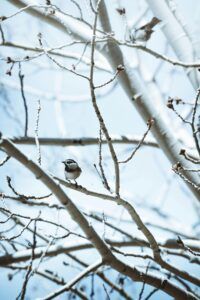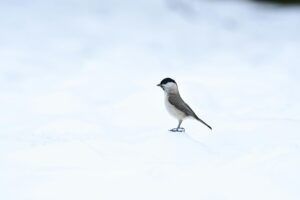Upcoming Events
About Denver Audubon
Although Denver Audubon has evolved since we were founded in 1969, we remain committed to birds, wildlife, and our Denver metro community.
Denver Audubon is an independent chapter of the National Audubon Society. The “independent” means that the national organization provides only a small fraction of our funding and that we direct our own mission and initiatives. This allows us to focus on local issues that matter to you, right in your backyard.
Our Mission
Inspiring actions that protect birds, other wildlife, and their habitats through education, conservation, and research.
News & Updates
You Keep Us Flying
Building a hopeful future for birds and the environments that sustain them.
Building a hopeful future for birds and their habitats is about preserving nature's profound joys - like the flash of a bright warbler at the backyard feeder or the morning symphony of songbirds greeting the dawn. These experiences awaken a sense of wonder and connection, grounding us in our shared place within the natural world.


